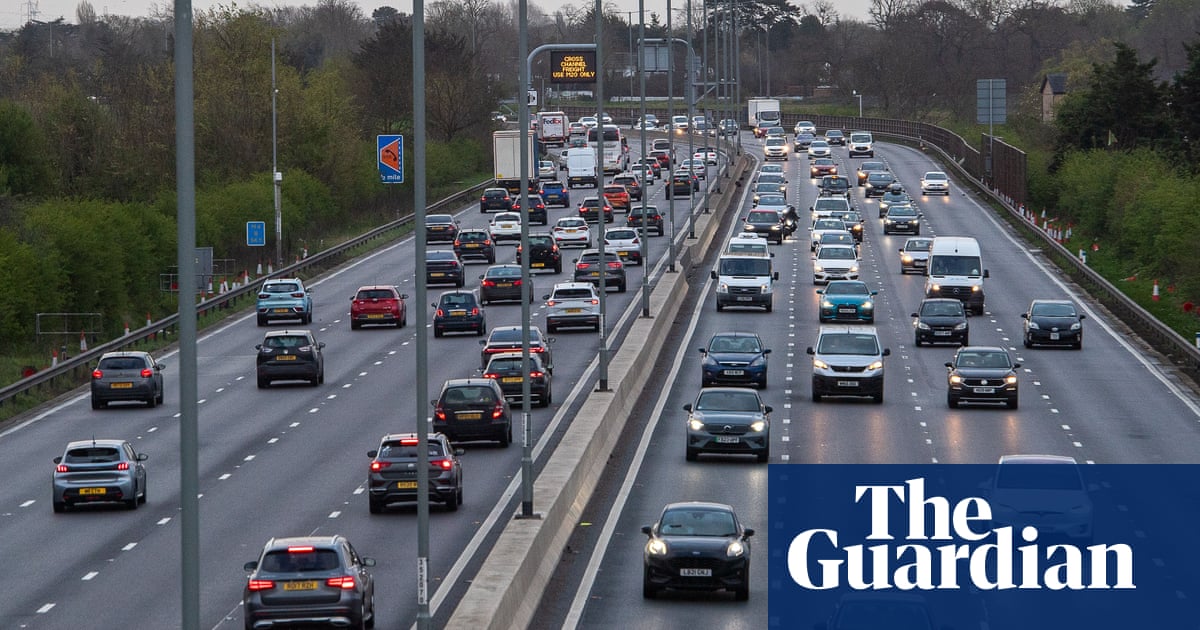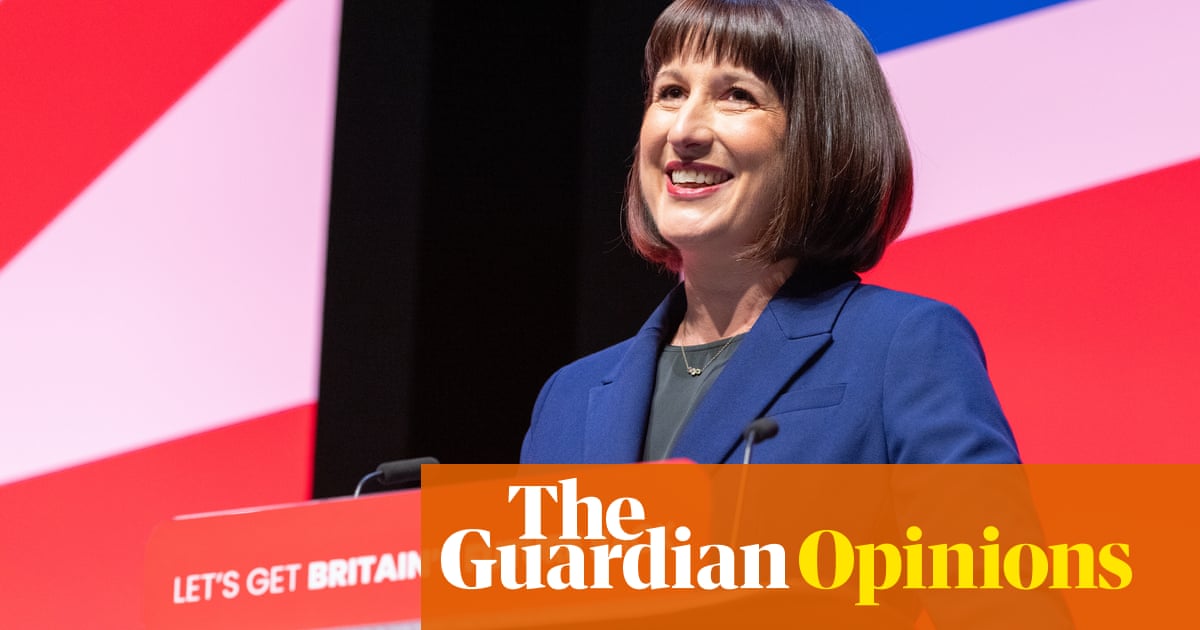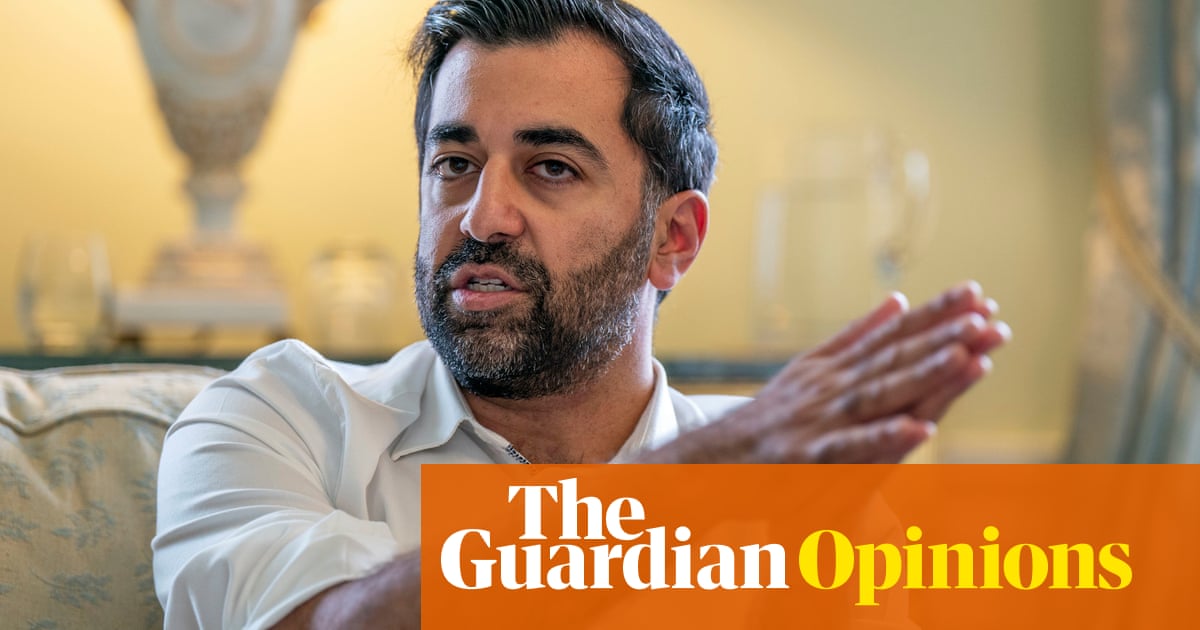
he government has admitted that it cannot deliver what had been promised: England’s 17,000 primary schools will not, after all, be inviting all their pupils back before the summer. In a way, it’s a relief to have it out in the open. With just 25% of reception, year 1 and year 6 children back in classrooms last week, it was obvious that the plan promoted by ministers for months was detached from reality. But this does not in any way soften the blow to their credibility. Ever since March’s delayed lockdown, planning for the pandemic’s impact on children has been poor. There is so sign whatever that the position has improved.
In a statement on Tuesday, Gavin Williamson, the education secretary, tried to insist that normality would resume in September instead. All that has been lost, in other words, is a few more weeks. If that were true, or even likely, ministers would still have an enormous amount of explaining to do. By then, the vast majority of England’s 8.8 million school-age children will not have spent a day in a classroom, or with a teacher, for almost six months. A plan to roll out the technology needed by pupils to access remote learning has been subject to the kinds of delay and obfuscation that have characterised every aspect of the coronavirus response. And while ministers have announced the withdrawal of children’s meal vouchers in July, they have yet to present a plan to make up for the lost months.
A return to full-time school in September looks unlikely. Even if a second wave of infections is kept to a minimum, the logistical challenges presented by any ongoing risk mean that schools will not be able to operate as they used to. Some classrooms and other spaces are cramped; sports and lunchtimes present particular challenges; and children who live with vulnerable relatives, and staff with relevant health conditions, will require special treatment. The 48% of schools that did not open to full year groups last week, as well as the large number of families who chose not to take up places, tell a powerful story about falling public confidence in the government’s pandemic strategy.
Some Scottish parents reacted with alarm to a “blended model” of learning being proposed for the autumn term, which begins in Scotland in August. This would combine part-time attendance with continued home learning, with a Scotland-wide virtual school among the ideas being discussed. Any such system has huge implications, particularly for lone parents or those in insecure or irregular work. But where disruption is expected, it is better at least to be prepared.
Anne Longfield, the children’s commissioner for England, suggested on Tuesday that the UK government might learn from Wales, where the plan is for all children to return to school part-time at the end of June, with the term extended by an extra week. Like Robert Halfon, the Conservative chair of the Commons education select committee, she believes the government has got its priorities wrong. Why even talk about reopening pub gardens when a gulf in educational attainment and life chances is opening up before our eyes?
Rebuilding and strengthening the links between children, families and schools should be a top priority. Teaching unions, initially cautious about using video – which appears to have been much more heavily used in private schools – have now called for a national technology plan. Looking back, it is disgraceful that more effort was not put into supporting teachers to connect with pupils online. For vulnerable students, particularly those at risk of exclusion, and above all any children thought to be at risk from neglect and abuse, such links could have been a lifeline. For millions of others, the ability to see and talk to teachers would have boosted motivation and learning.
While the vast majority of children in all income groups are well cared for, the social and psychological effects of the lockdown will take time to unfold. To anyone who cares about the future, the government’s lack of curiosity and preparedness with regard to the impact of this crisis on the next generation is a bitter disappointment.












